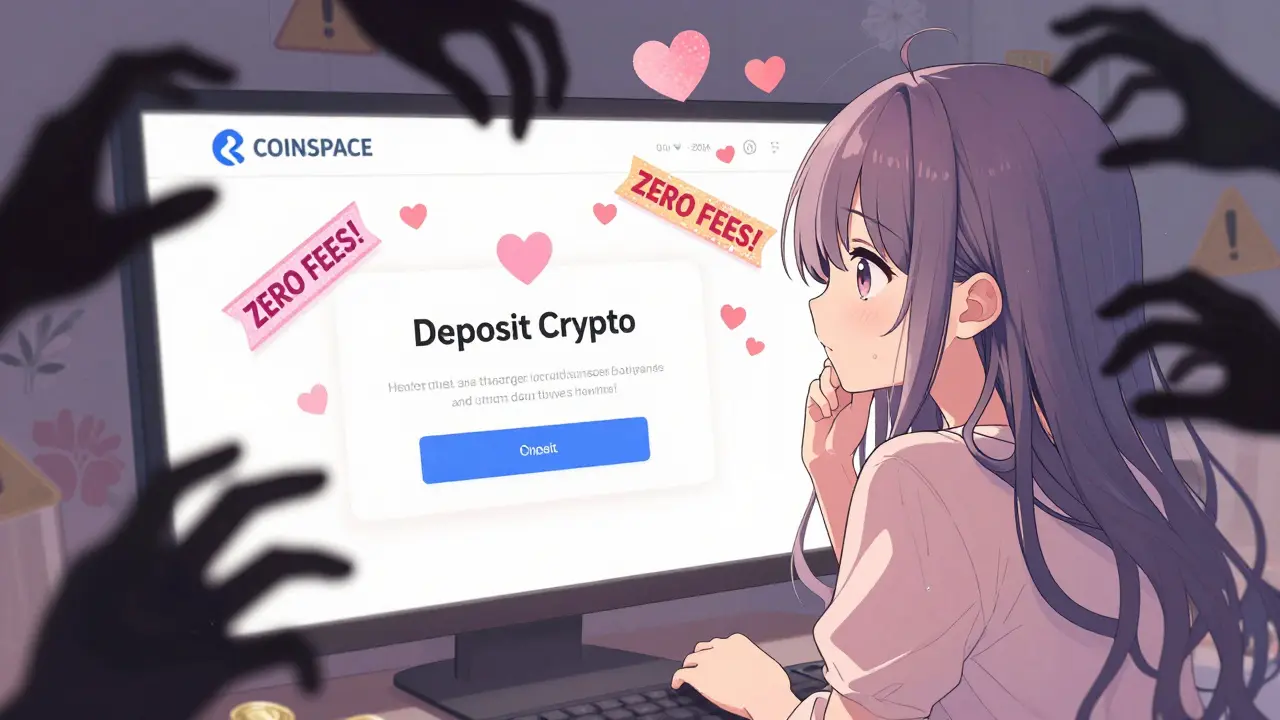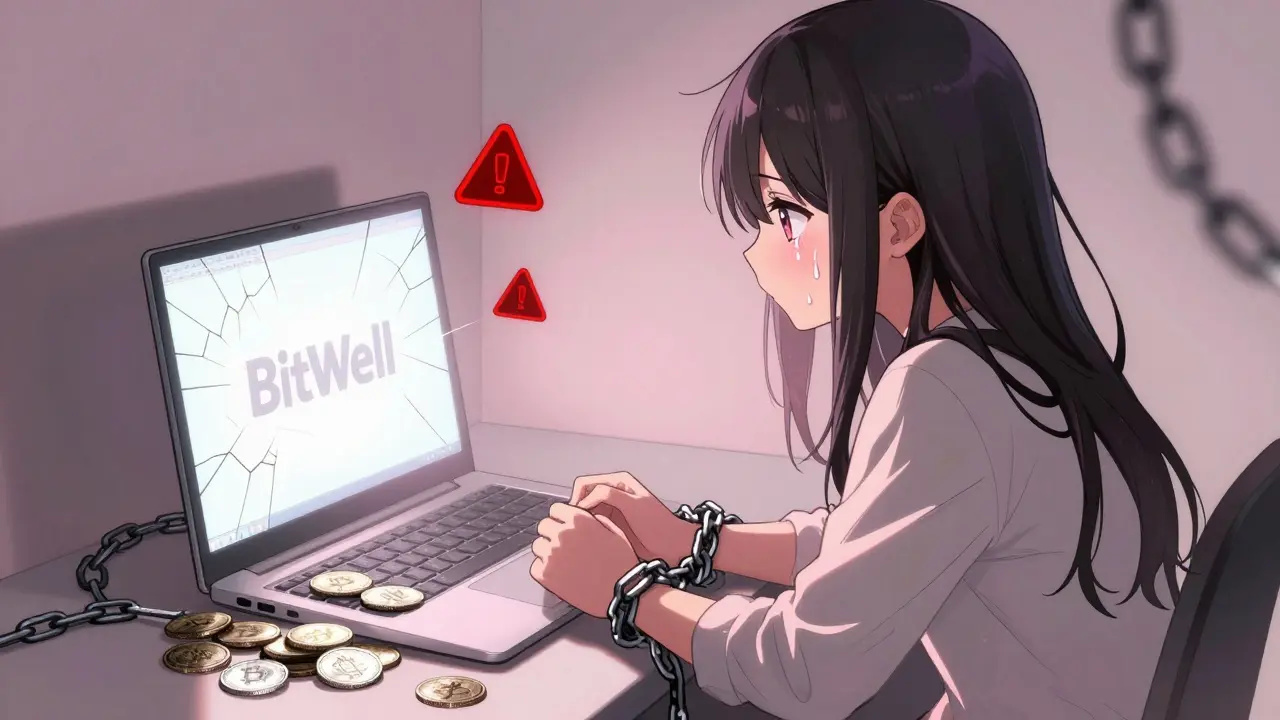Rug pulls are criminal fraud, not just bad investments. Learn how federal laws, New York’s 2025 crackdown, and civil lawsuits are targeting crypto scammers - and what victims can actually do to fight back.
Cryptocurrency Scams – Spot the Red Flags Before You Lose Money
When navigating Cryptocurrency Scams, fraudulent schemes that use digital assets to trick investorscrypto scams, the first step is to know what you’re up against. One of the most talked‑about examples is CryptoZoo, a token marketed as an NFT‑based game but flagged by experts as a scam. It shows how a catchy name, flashy graphics, and promises of huge returns can hide a classic pump‑and‑dump operation. Cryptocurrency scams thrive on hype, so recognizing the pattern early can save you from costly mistakes.
Common Red Flags in Crypto Scams
Another hot‑topic fraud is the fake airdrop. The Frutti Dino, an alleged token airdrop that appeared to be linked to CoinMarketCap but turned out to be a scam illustrates how scammers borrow legitimacy from well‑known platforms. They push users to submit private keys or pay small “fees” to claim a free token. If any giveaway asks for personal wallet credentials, it’s a clear warning sign. Real airdrops never require you to expose private keys, and reputable sites provide a transparent verification page.
Beyond airdrops, many scams hide inside NFT‑based games. The NFT game, digital play‑to‑earn projects that sell virtual collectibles but often lack real utility can be a gateway for token fraud. Scammers launch a game, sell a limited‑edition token, then disappear once the hype fades. The pattern is simple: promise earnings, sell a token, and vanish. If the game’s whitepaper is vague, the team is anonymous, or the tokenomics are confusing, treat it as a red flag.
Platform choice matters too. The Binance Smart Chain, a blockchain network that hosts many low‑cost tokens, both legitimate and fraudulent is a popular playground for scam projects because of cheap transaction fees. While many useful DeFi apps live there, the low barrier to entry also attracts malicious developers who flood the market with copycat tokens. Always cross‑check a token’s contract address on multiple explorers and look for community audits before investing.
In Australia, the local crypto community has grown fast, and regulators are catching up. The Australian Securities & Investments Commission (ASIC) has issued warnings about unregistered crypto schemes, urging investors to verify licences and read the fine print. Even though the market is booming, the same rapid growth creates fertile ground for fraudsters who exploit inexperienced traders looking for quick gains.
Scammers are clever with their communication tactics. They use Telegram groups, Discord servers, and flashy social‑media ads to create a sense of urgency—"Only 24 hours left!"—or FOMO—"Everyone is buying now!". When you see pressure to act instantly, pause and double‑check. Legitimate projects usually provide ample time for due‑diligence; they don’t rely on panic.
There are free tools that can help you spot a fraud. Blockchain explorers let you view token holders, transaction volume, and contract source code. Community sites like Reddit, Bitcointalk, and dedicated Discord channels often discuss red flags before a scam spreads. If a token has a handful of wallets holding the majority of supply, that’s a warning sign of a rug pull.
Personal security habits are just as important as tech tools. Keep your private keys offline, use hardware wallets for large amounts, and never share your seed phrase. When a project asks for a “verification fee” or asks you to sign a transaction you don’t understand, walk away. Scammers rely on trust, so protecting that trust with strong habits cuts their advantage.
Staying informed is the best armor against fraud. Digital Currency Institute Australia (DCI‑AU) curates up‑to‑date research, guides, and alerts on emerging scams. By checking our latest reports, you’ll see real‑world examples, learn how scams evolve, and get actionable steps you can apply right now. Knowledge turns a vague fear into a concrete checklist.
Below you’ll find detailed breakdowns of the most talked‑about scams, complete with token data, red‑flag checklists, and protection tips. Whether you’re a beginner wary of airdrop promises or an experienced trader eyeing new token launches, the collection offers practical insights you can act on today.
Polarity.Exchange Crypto Exchange Review: What Went Wrong and Why It's Dead
Polarity.Exchange promised privacy and control but collapsed after a $353,000 hack in 2023. No recovery, no communication, no website. A cautionary tale for crypto users.
1DOGE Finance Airdrop: What You Need to Know Before Claiming
There is no official 1DOGE Finance airdrop. Any site claiming to offer free tokens is a scam designed to steal your crypto. Learn how these frauds work and how to protect your wallet.
What is Doge Grok Companion (DOGE) crypto coin? The truth behind the meme AI scam
Doge Grok Companion (DOGE) is a fake AI meme coin with 420 quadrillion tokens and zero trading volume. It has no team, no utility, and no future. Don't buy it - it's a scam.
COINSPACE Crypto Exchange Review: Is It Safe or a Scam?
COINSPACE claims to offer free crypto storage and zero fees, but it's unregulated, hides withdrawal fees, and has been flagged by financial safety analysts. Avoid this risky platform and choose trusted alternatives instead.
Shambala (BALA) Airdrop: What's Real, What's Not, and How to Avoid Scams
There is no Shambala X CoinMarketCap airdrop. Shambala (BALA) is a high-supply, low-value token with a 12% transaction fee. Any airdrop claims are scams. Learn how to spot fake crypto giveaways and avoid losing money.
What is Rivetz (RVT) crypto coin? The complete truth about a dead project
Rivetz (RVT) raised $18 million in 2018 promising hardware-level crypto security - but delivered nothing. The team vanished, the code stopped updating, and the project is now dead. Learn why RVT is a cautionary tale, not an investment.
Crypto ATMs and the $246 Million Scam Epidemic: How These Machines Are Being Weaponized
Crypto ATMs promised easy access to Bitcoin - but they’ve become a $246 million scam machine. Learn how criminals exploit these unregulated devices, why seniors are targeted, and what you can do to stay safe.
How Market Cap Manipulation Works in Cryptocurrency and How to Avoid It
Market cap manipulation in cryptocurrency uses fake volume, pump-and-dump schemes, and spoofing to trick investors. Learn how it works, how to spot it, and how to protect your investments from crypto scams.
HAI Hacken Token Airdrop: What Really Happened and Why There’s No Airdrop
HAI Hacken Token had no airdrop - only a catastrophic security breach that crashed its price by 99%. Learn why any airdrop claims are scams and what really happened to the token.
BitWell Crypto Exchange Review: Why This Platform Is Dead and Dangerous
BitWell was once promoted as a low-fee crypto exchange, but it's now confirmed as a scam. Users report frozen accounts, withdrawal blocks, and recovery scams. Don't trade here - it's dead and dangerous.
What is Atomic Meta (ATMC) crypto coin? The truth behind the red flags
Atomic Meta (ATMC) claims to be a revolutionary DeFi ecosystem, but its fake data, zero code, and near-zero trading volume make it a clear scam. Don't invest - it's not crypto, it's a trap.












